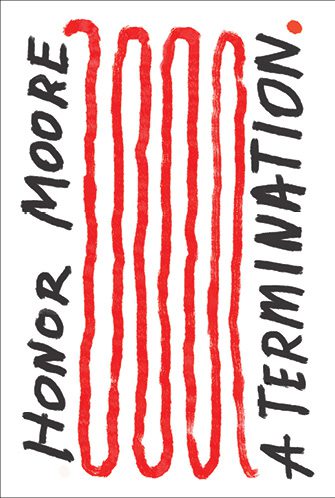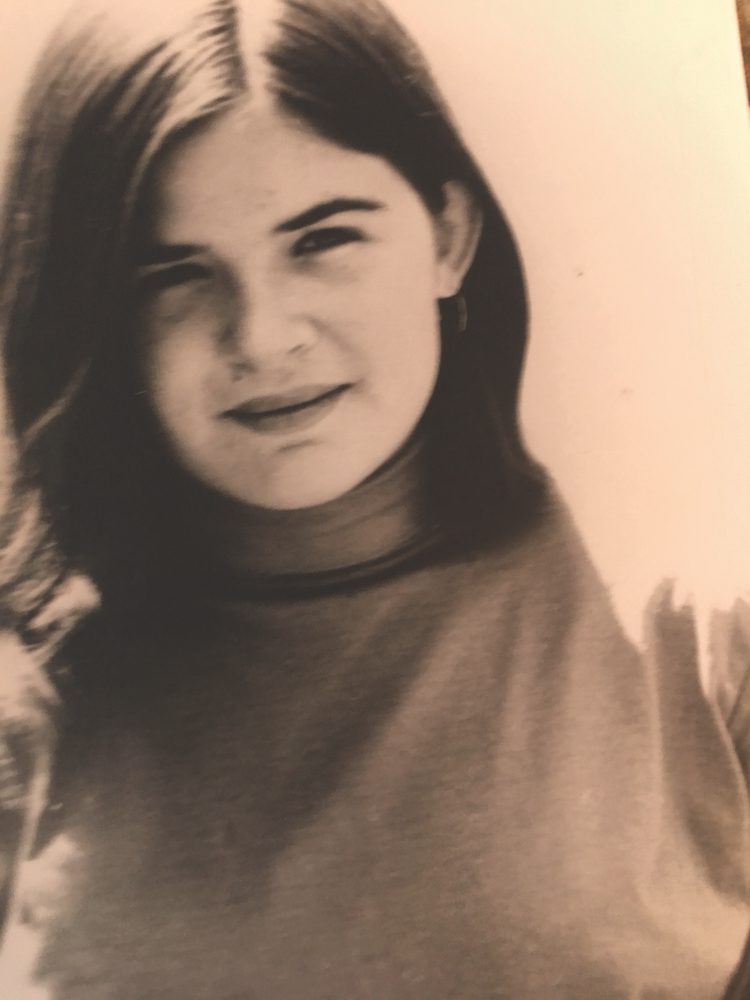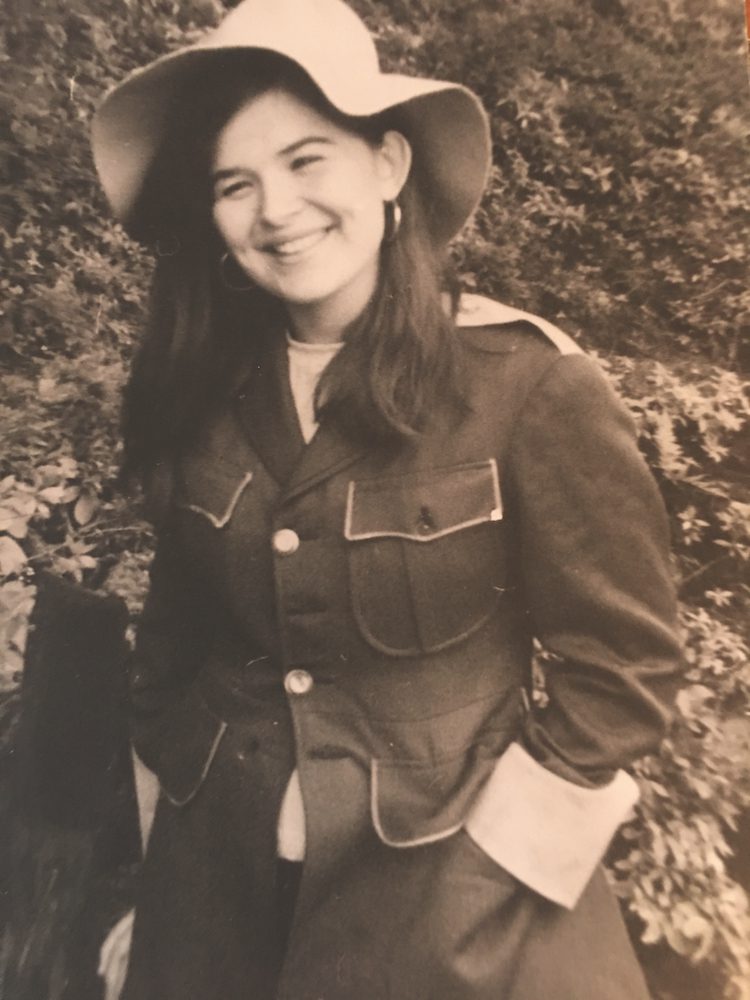
In 1969, while a grad student at Yale, the renowned poet and nonfiction author Honor Moore became unexpectedly pregnant. Today, she teaches poetry at the New School and is the author of several award-winning books, as well as the co-editor of Library of America’s 2021 volume collecting the greatest hits of the second wave. At the time of the pregnancy, though, she was not really aware of the burgeoning feminist movement and was by her own estimation working on the degree as a means to codify her pre-existing practice of shepherding other (male) artists’ work into fruition, lacking the gall and support to pursue her own. A Termination is her memoir circling that pivotal moment, when a door between possibilities was ajar for her. It’s also about how the decision she made, that moment of termination, meant a certain strain of possibilities was excluded forever, altering the rest of her existence.
When she found herself pregnant, Moore was involved in a sexual and romantic relationship with one of her married professors, a situation that she takes the time to clarify was not a crime, taboo, or even a cringe. But she couldn’t be sure that it was in fact her professor who impregnated her, because she had experienced an unwanted sexual encounter at an artists’ colony that she stops short of calling rape in these pages; instead she repeatedly refers to both the incident and the man in the text as a “slip on the ice,” another pivotal moment that precipitates their meeting that is rendered imagistically and returned to again and again, pored over like a text learned backwards and forward. She writes that the “slip-on-the-ice told me the first thing he’d do if we were together would be to knock me up. I slipped on ice, and he said hello. My dream of him—white houses on a narrow street, powder-blue door, sleeping infant—his of me, knocked up.”
The moment loops the way that trauma loops; it takes on the same mythic quality that trauma lends, a bright spot that is a dark spot, something to forget and remember at the same time. On the other hand, the choice to seek an abortion wasn’t too fraught for Moore in the context of her uncertainty. She took advantage of her privilege of money and access to doctors, if not her legal right (this was pre-Roe v. Wade), to terminate in a hospital and, as she posits, to pivot herself into a life that would have eluded her as a mother, a life that she seems to have shaped (in this telling) with ever greater care and intention for having made the choice not to share it with a baby.


Photos courtesy of Honor Moore.
Moore’s writing is dryly charming, more self-aware than knowing, intimate but not overfamiliar; she comes across as well balanced. Almost polite. Her style seems antithetical to the form of memoir, but it holds its own, not stooping to tricks or whispering to make you lean in closer. Pictorial, not gimmicky. Moore engages with the multiverse she created by not going down that one particular life path, the one that was sold to her as a biological destiny, one singular variety of happiness worthy of pursuit. She imagines into the world that never happened by imagining herself and her child if they did exist, catching sight of someone who would be around the right age, with the right look about them, to fill in the blank and animate the idea of a person who never came to be. She muses:
In the parallel life, one September evening, I have dinner with my son who doesn’t yet have a name in this story. He is almost thirty, but he seems that night like a child, looking at me with longing. I don’t want to lose connection with you, he says. This takes me aback as I hadn’t thought our connection ever at risk.
It’s a beautiful tension to hold, one of my favorites in all of literature—a love for someone who doesn’t and frankly could never exist. I believe it’s one of the most beautiful unfuckwithable emotions going. The “unborn,” as some so ghoulishly call them, are a perfect screen for projection, and Moore expertly directs flickering little home movies of someone she never knew but who remains close to her in their absence somehow. It’s a lovely notion in her (a poet’s) hands.

